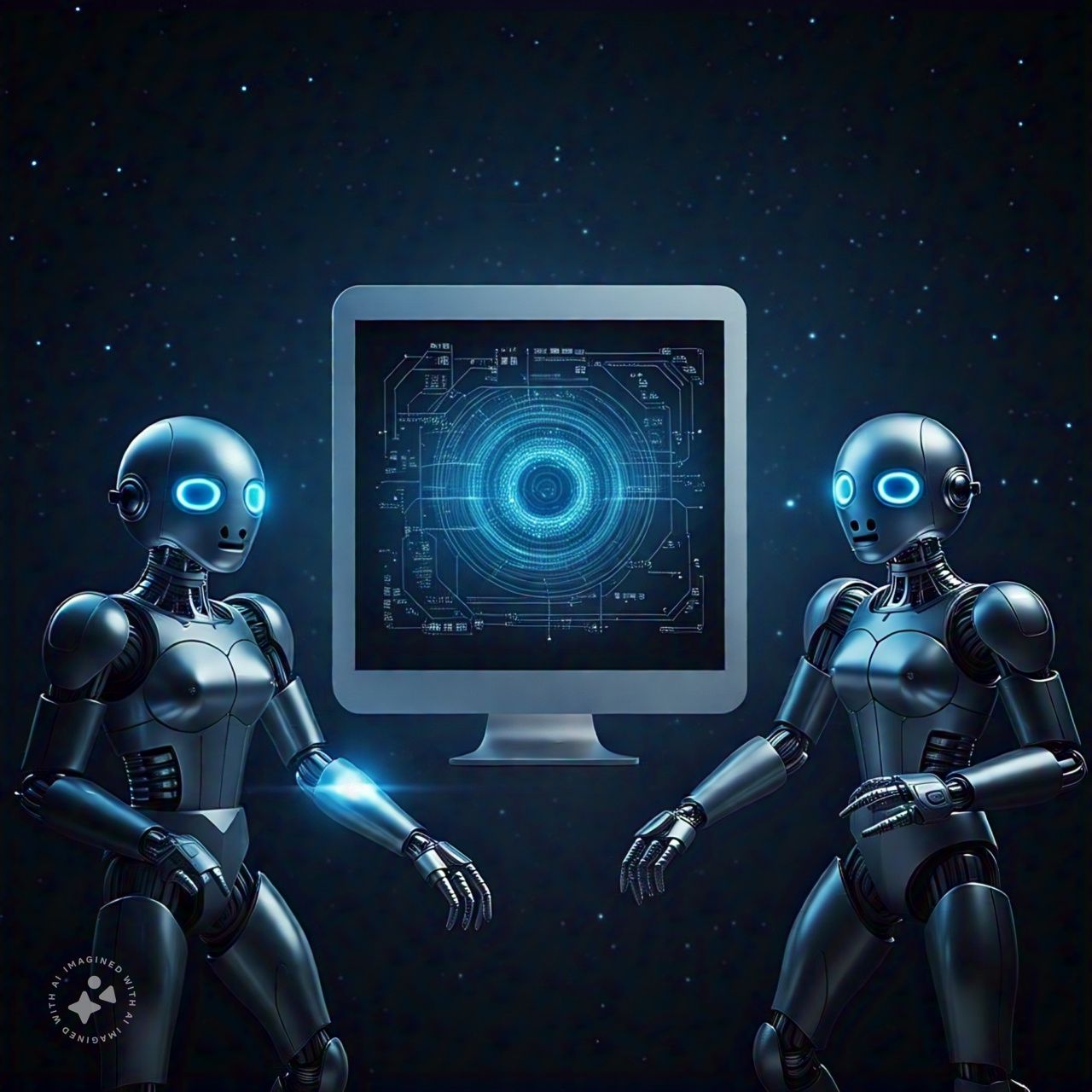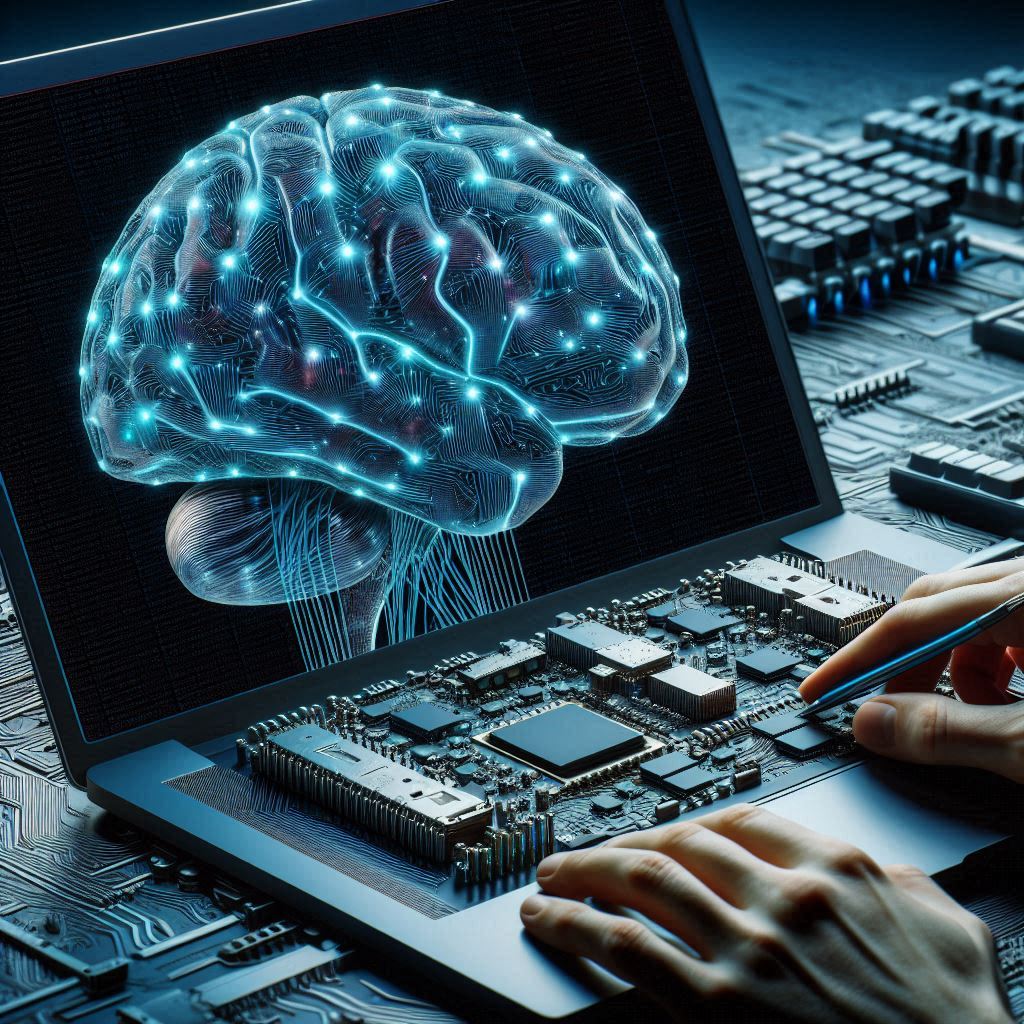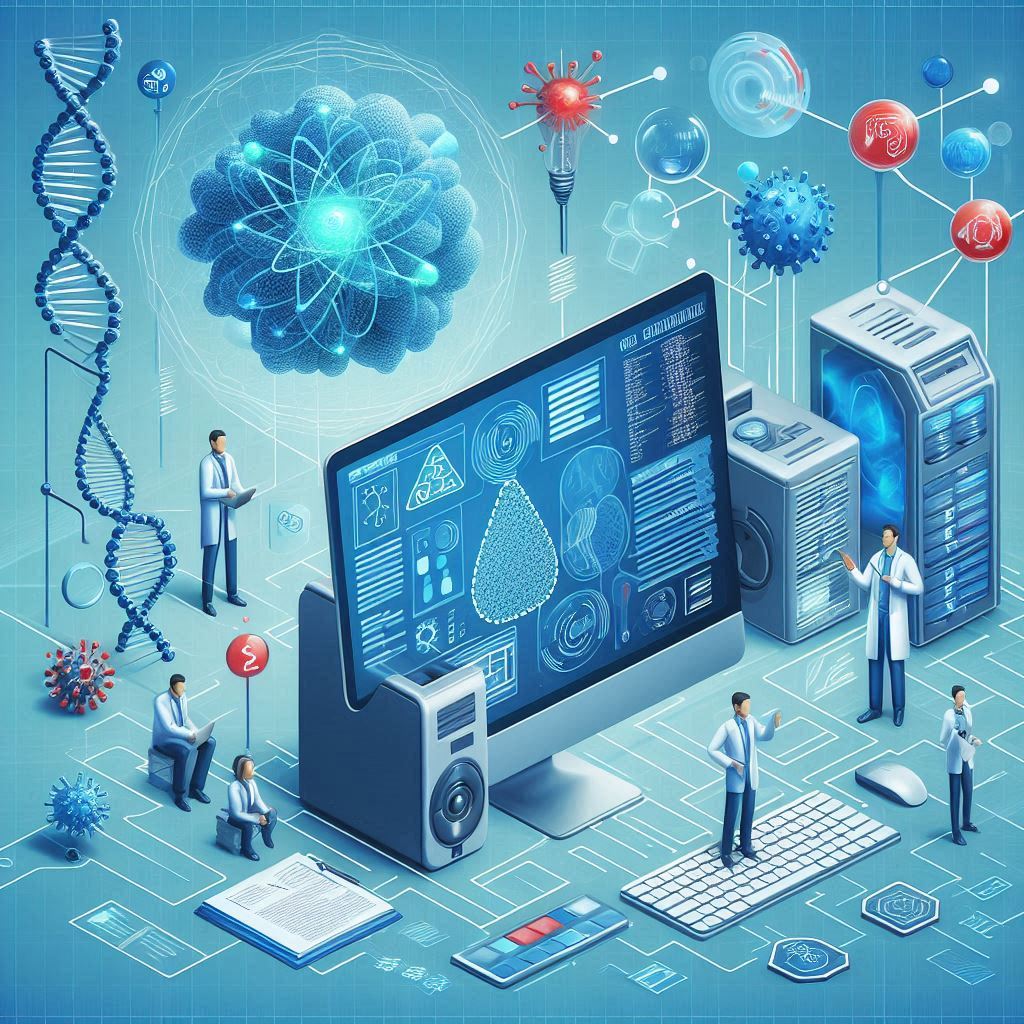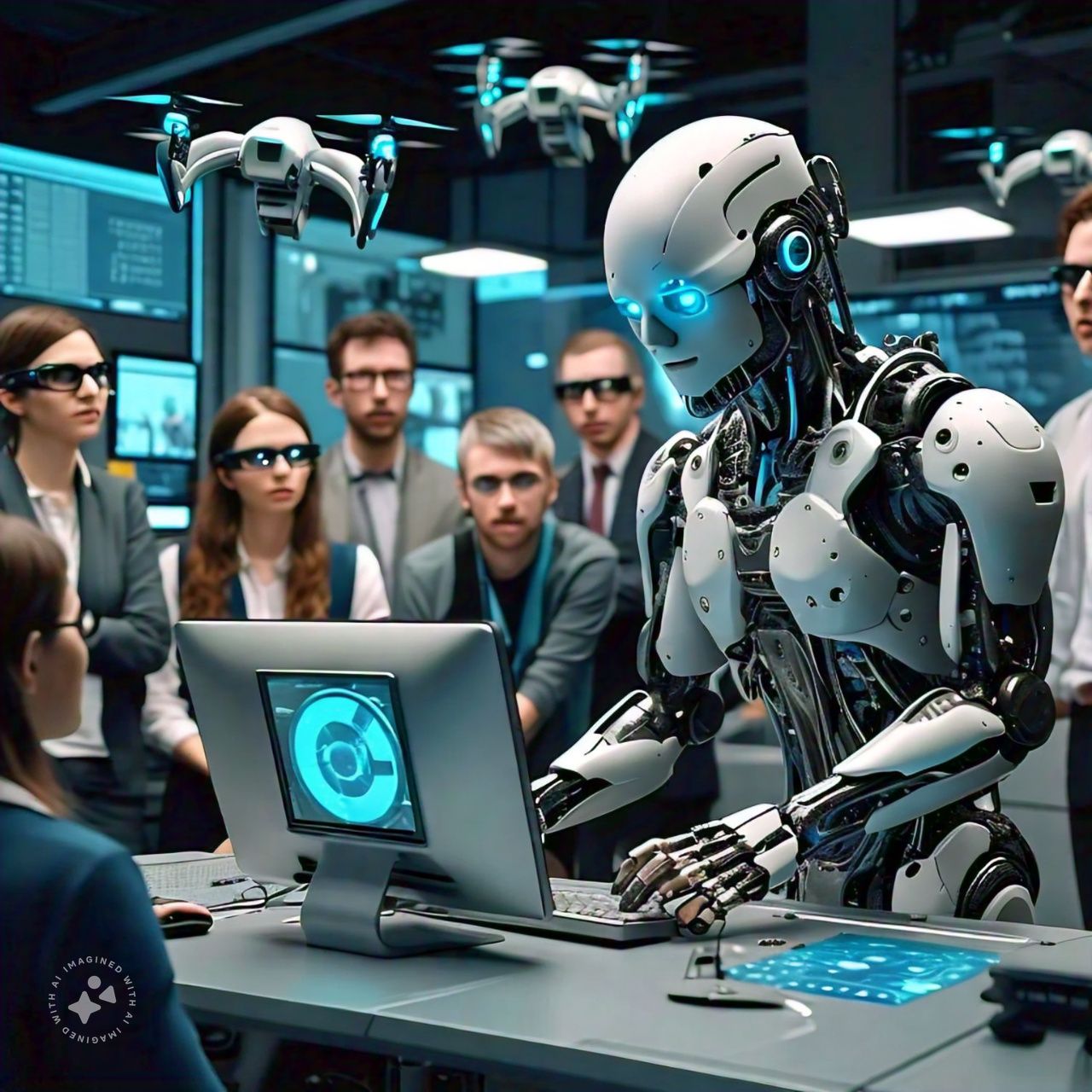Quantum Computing and AI Synergy
As technology evolves, two of the most groundbreaking innovations—Quantum Computing and Artificial Intelligence (AI)—are converging to shape the future of science, industry, and society. While AI thrives on processing vast datasets and solving complex problems, quantum computing offers unparalleled computational power, enabling AI systems to reach new heights of efficiency and capability. This blog explores how the synergy between quantum computing and AI is poised to revolutionize diverse sectors, overcome computational limitations, and unlock unprecedented possibilities.(Quantum Computing and AI Synergy)
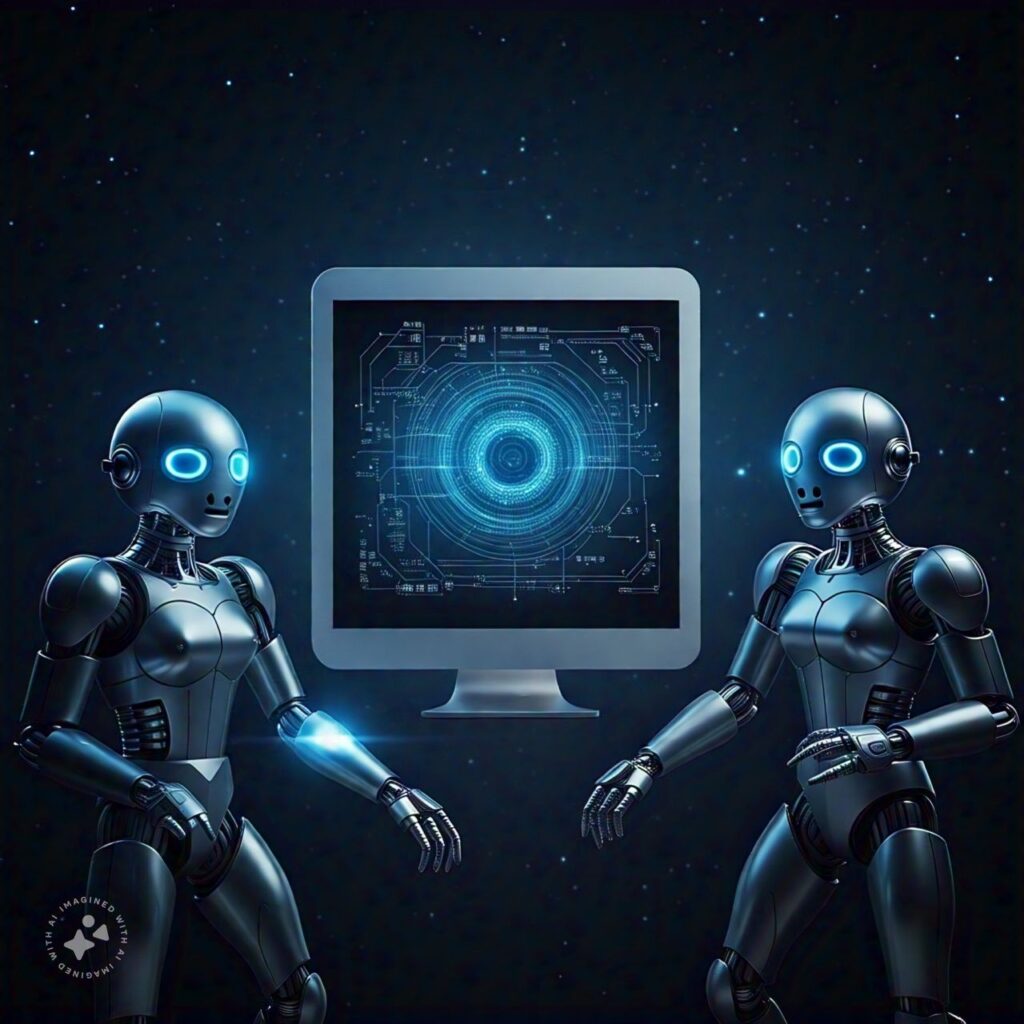
Understanding Quantum Computing and AI
What is Quantum Computing?
Quantum computing is a revolutionary approach to computation that leverages the principles of quantum mechanics. Unlike classical computers, which process information in binary (0s and 1s), quantum computers use quantum bits, or qubits, which can exist in multiple states simultaneously due to superposition. This allows quantum computers to perform multiple calculations at once, making them exponentially faster for specific tasks.What is AI?(Quantum Computing and AI Synergy)
Artificial Intelligence encompasses algorithms and systems capable of mimicking human intelligence. AI applications range from natural language processing and computer vision to predictive analytics and autonomous decision-making. AI thrives on data and computational resources, often requiring significant processing power for tasks like deep learning and neural network training.(Quantum Computing and AI Synergy)
How Quantum Computing Enhances AI
The intersection of quantum computing and AI holds immense potential, addressing some of AI’s most significant challenges:
- Accelerated Machine Learning
Training AI models involves iterative computations over massive datasets, which can be time-consuming on classical computers. Quantum computing can expedite this process by parallelizing computations, drastically reducing training times for complex models.(Quantum Computing and AI Synergy) - Enhanced Optimization
Many AI applications rely on optimization, such as finding the shortest route, the best resource allocation, or the ideal neural network configuration. Quantum computers can solve optimization problems more efficiently than classical systems using techniques like quantum annealing. - Improved Data Processing
AI systems often struggle with high-dimensional data (big data). Quantum computing can handle such datasets more effectively, enabling more robust analysis and insights, particularly in fields like genomics, climate modeling, and finance.(Quantum Computing and AI Synergy) - Quantum Neural Networks (QNNs)
Quantum computing can enhance neural networks by using quantum properties like entanglement and superposition. Quantum Neural Networks have the potential to perform complex tasks with fewer resources, paving the way for more scalable and efficient AI systems. - Superior Pattern Recognition
Quantum AI algorithms can identify patterns in data more efficiently, improving applications like fraud detection, anomaly detection, and predictive analytics.(Quantum Computing and AI Synergy)
Applications of Quantum-AI Synergy
- Healthcare and Drug Discovery
Quantum AI can accelerate drug discovery by simulating molecular interactions at a quantum level. This reduces the time and cost of identifying new treatments and helps create personalized medicine tailored to individual genetic profiles.(Quantum Computing and AI Synergy) - Finance and Risk Analysis
In the financial sector, quantum-enhanced AI can optimize investment portfolios, predict market trends, and perform risk assessments more accurately.(Quantum Computing and AI Synergy) - Climate Modeling and Sustainability
Quantum AI can process complex climate models to predict environmental changes and suggest sustainable solutions for energy use, resource allocation, and disaster management. - Autonomous Systems
Quantum computing can enhance AI-driven autonomous vehicles and robotics by processing real-time data faster and making more accurate decisions in dynamic environments.(Quantum Computing and AI Synergy) - Cybersecurity
Quantum AI can bolster cybersecurity by developing more sophisticated encryption techniques and rapidly detecting potential threats or anomalies in network systems.(Quantum Computing and AI Synergy)
Challenges in Quantum-AI Integration
While the potential is immense, several hurdles need to be addressed:
- Technological Maturity
Quantum computing is still in its infancy, with limited access to stable and scalable quantum hardware. Current systems, such as IBM’s quantum computers or Google’s Sycamore, require further advancements to support AI applications at scale.(Quantum Computing and AI Synergy) - High Costs
Building and maintaining quantum computing infrastructure is expensive, limiting accessibility for most organizations.(Quantum Computing and AI Synergy) - Algorithm Development
Quantum AI requires new algorithms optimized for quantum architectures, which are still under research and development. - Talent Shortage
The field demands expertise in both quantum mechanics and AI, making skilled professionals scarce.v
The Future of Quantum Computing and AI Synergy
The collaboration between quantum computing and AI is still emerging but promises revolutionary breakthroughs:
- Quantum-AI Platforms
Companies like IBM, Google, and Microsoft are actively developing quantum-AI platforms to make this technology more accessible.(Quantum Computing and AI Synergy) - Next-Generation AI Models
With quantum computing, future AI models could achieve human-like intelligence (Artificial General Intelligence) by processing vast amounts of data more efficiently and solving problems that are currently unsolvable.(Quantum Computing and AI Synergy) - Global Collaboration
Governments, academic institutions, and private sectors are increasingly investing in quantum-AI research, fostering global collaboration to accelerate advancements. - Exponential Innovation
As quantum-AI systems mature, they could lead to exponential innovation across industries, including breakthroughs in science, education, and even space exploration.(Quantum Computing and AI Synergy)

Conclusion
The synergy between quantum computing and AI represents the next frontier in technological evolution. By combining quantum’s computational power with AI’s cognitive capabilities, we are on the brink of solving some of humanity’s most complex challenges, from curing diseases to mitigating climate change. While challenges remain, the potential rewards are monumental.
The future of quantum-AI integration is not just about faster computation—it’s about reshaping industries, redefining possibilities, and unlocking a new era of innovation(Quantum Computing and AI Synergy)
Social Media handles (Facebook, Linkedin, Twitter
Go to our Website for News and Articles: https://informtoyou.com/
